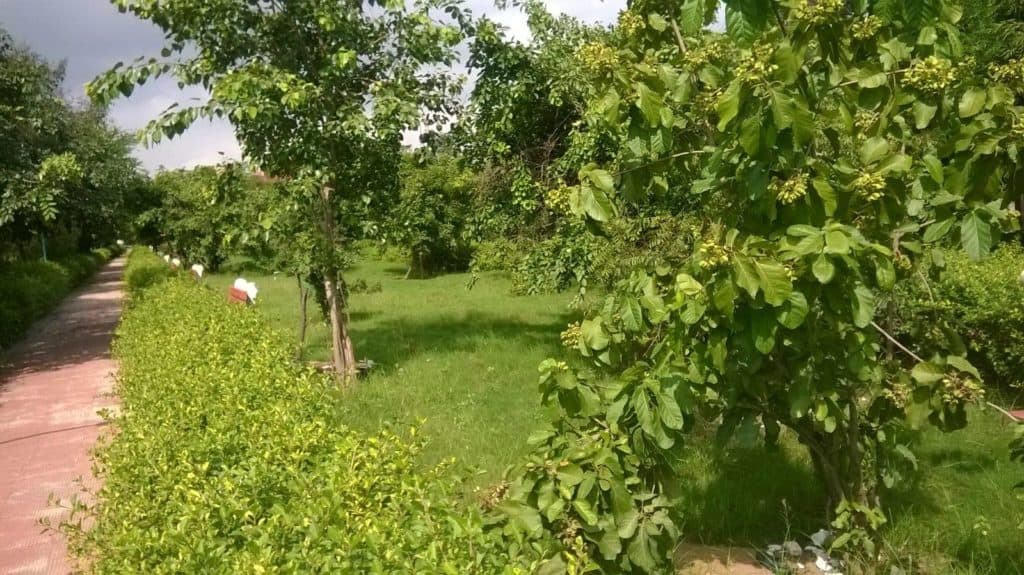Report pins household transmission as key spreader of COVID-19
In a report by the Greater Chennai Corporation done via contact tracing, it is shown that as of January 8th, 30% of the new COVID-19 cases in Chennai have been household contacts. According to Doctor C. Jagdeesh, while the spread of the disease inside households was observed in previous waves of the COVID-19 pandemic, the rate of the spread is much faster this time around.
In North Chennai, nearly half of the new cases were family contacts. Areas such as Thiruvika Nagar, Tondiarpet and Madhavaram showed especially high percentages of family and household transmission. This was lower in places like Adyar, Teynampet and Anna Nagar.
Source: The Times of India
Read more: Third COVID wave in Chennai: Treatment protocol and other details you need to know
Booster dose for senior citizens and other measures to tackle COVID-19
The civic body has announced that those aged above 60 with comorbidities can avail the booster dose of the COVID-19 vaccines at home. A slot for the vaccination can be booked via an emergency helpline: 1913 or a dedicated COVID helpline 044-2538 4520 and 044-4812 2300. Booster doses have been launched by the GCC for around 73,564 residents. Of these, 29,338 are senior citizens, 6,925 are frontline workers, 37,301 are healthcare workers.
COVID volunteers have also been employed by the GCC to visit patients’ homes to help family members avail medicines, inform them about tele-counselling services, and advise them on wearing masks and isolating at home.
Source: The Hindu
Three new flyovers to come up in Chennai
The Tamil Nadu Government has issued an order to construct three new flyovers in Chennai.
The first flyover will be constructed above Ganeshapuram subway, Vyasarpadi, North Chennai. The second will be at Konnur High road-Strahans Road Junction. The Konnur High Road connects Villivakkam, Perambur Jamalia through Cooks Road, Pattalam through Strahans Road and Purasawalkam through Brick Kiln Road. The third flyover is to come up at South Usman Road, which is a popular shopping area.
All three areas experience significant traffic congestion, and the flyovers are an attempt to reduce the load. The total cost of the project is Rs 330 crores.
Source: The New Indian Express
Read more: Panel proposes practical and scientific ways to green Chennai
Chennai sees fall in tree cover area
The Forest Survey of India has released its biennial report, revealing significant findings on climate change and forest cover in the country. As per the report, Tamil Nadu ranks 9th in the country for its forest cover, which accounts for 20% of the state’s geographical area . The report mentions how Chennai in particular has seen a rise in green cover in the past 10 years, by nearly 1200 acres i.e. by 25%. The report also mentions how despite the increase in green cover, tree cover is merely 5% of Chennai’s geographical area.
Tree cover as per the report is understood as patches of trees outside a forest area.
One of the reasons for low tree cover could be due to cyclone damage over the years. In addition, many environmentalists have pointed out how road maintenance and construction have led to deforestation in the city on a large scale.
Source: The Times of India
New restrictions on suburban rail travel
Due to the surge in COVID-19 cases and the rapid spread of the Omicron variant, the southern railway zone has imposed a number of restrictions on passenger travel in suburban trains. These came into effect from January 10th and will continue till January 31 2022.
As per the restrictions, the suburban railways will only accommodate 50% of the seating capacity. Vaccine certificates along with ID proofs must be shown at the counters for buying journey or season tickets. Commuters must be doubly vaccinated and must show their second dose certificate. In addition to these, a penalty of Rs 500 will be issued if commuters are found not wearing masks.
Source: The Financial Express
[Compiled by Savitha Ganesh]
